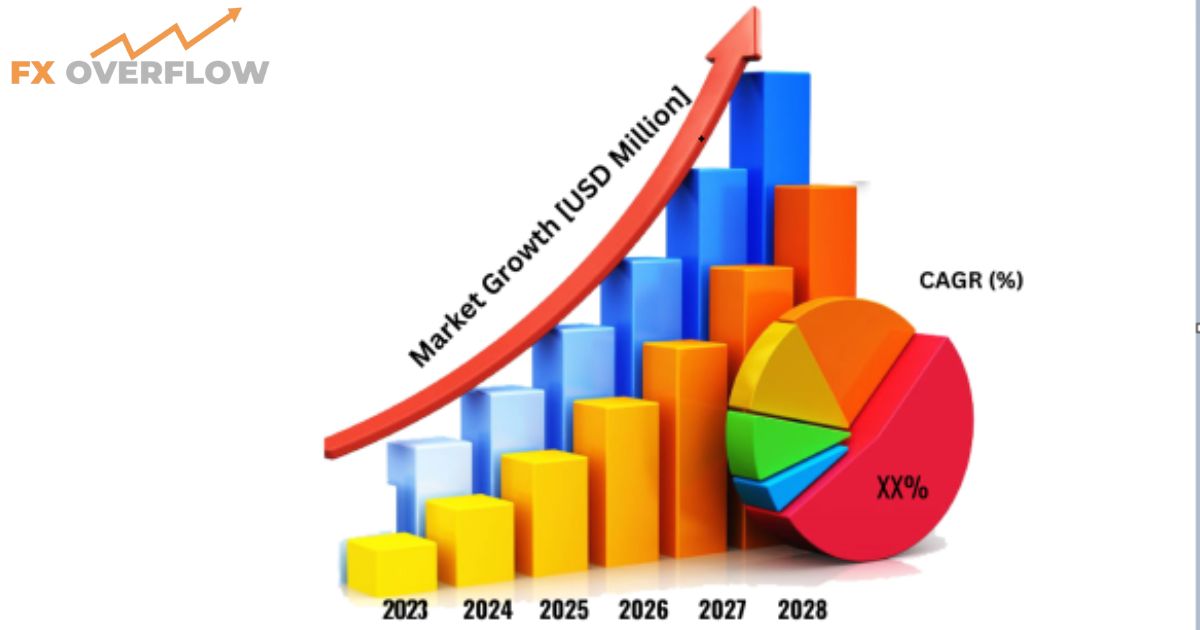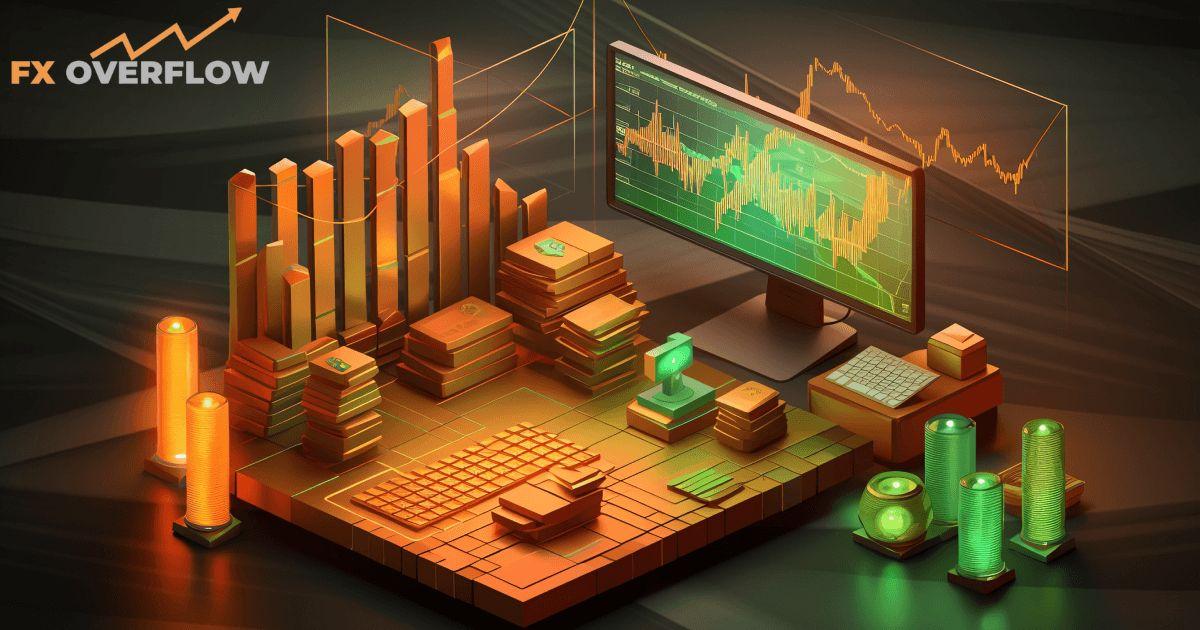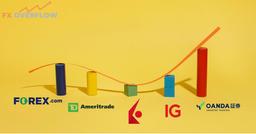can forex trading be a career
The foreign exchange market is the largest and most liquid market in the world, but trading currencies is very different from trading stocks or commodities. Due to its high liquidity, 24/7 schedule, and easy accessibility, forex trading has emerged as a popular career, especially for people with a financial background.
How to start a forex trading career-
Starting a forex trading career involves several steps:-
Educate Yourself: Learn the basics of forex trading, including how the market works,
different currency pairs, and trading strategies. Numerous online courses and resources
are available.
Choose a Reliable Broker: Research and select a reputable forex broker that suits your needs. Consider factors like regulation, fees, available currency pairs, and trading platforms.
Create a Trading Plan: Develop a comprehensive trading plan that includes your risk tolerance, financial goals, and strategies. This plan will serve as a roadmap for your trading activities.
Practice with a Demo Account: Most brokers offer demo accounts where you can practice trading with virtual money. This helps you gain experience and test your strategies in a risk-free environment.
Understand Risk Management: Learn how to manage risk effectively. This includes setting stop-loss orders, diversifying your trades, and not risking more than you can afford to lose on a single trade.
Stay Informed: Keep yourself updated on economic indicators, geopolitical events, and market news that can impact currency values. Fundamental and technical analysis skills are valuable.
Start Small: Initially, trade with a small amount of capital to minimize risk. As you gain experience and confidence, you can gradually increase your investment.
Control Your Emotions: Emotional discipline is crucial in forex trading. Stick to your trading plan and avoid making impulsive decisions based on fear or greed.
Evaluate and Adjust: Regularly review your trades and performance. Identify what works and what doesn't, and be willing to adjust your strategies accordingly.
Continuous Learning: The forex market is dynamic, and staying informed is essential. Continue learning, adapt to changes in the market, and refine your strategies over time
Can Forex be a full-time job-
A full-time job in forex trading is possible, but it takes commitment, discipline, and skill mastery. In addition, although forex trading has many benefits, such as reduced costs, flexibility, and possible profitability, it's important to recognize the risks and difficulties it entails.
Forex Trading Career: Pros and Cons
A career in forex trading has both advantages and disadvantages. Here's a breakdown of the pros and cons:
Pros:
Potential for High Profits:
Forex trading offers the potential for significant profits due to the use of leverage, allowing traders to control large positions with a relatively small amount of capital.
Flexibility:
Forex markets operate 24 hours a day, five days a week. This flexibility allows traders to choose when to trade, accommodating different lifestyles and time zones.
Accessibility:
The forex market is easily accessible, and many brokers offer low entry barriers, allowing individuals with limited capital to participate.
Diverse Trading Options:
Forex markets offer a wide range of currency pairs, providing opportunities for traders to diversify their portfolios and trade various global currencies.
Liquidity:
Forex is one of the most liquid markets globally, meaning there is a high level of trading activity. This liquidity can result in tighter spreads and more efficient trade execution.
Technological Advancements:
The availability of advanced trading platforms and tools enables traders to analyze markets, execute trades, and manage their portfolios more efficiently.
Learning Opportunities:
Forex trading offers continuous learning opportunities. Traders can improve their skills by staying informed about economic indicators, geopolitical events, and market trends.
Cons:
High Risk of Loss:
The leverage used in forex trading amplifies both potential profits and losses. Traders can lose more than their initial investment, leading to significant financial risks.
Market Complexity:
Understanding the complexities of the forex market requires time and effort. Successful trading demands a solid grasp of technical and fundamental analysis.
Emotional Stress:
The volatility of forex markets and the potential for rapid price changes can lead to emotional stress. Traders need to manage their emotions and make rational decisions.
No Guaranteed Profits:
Forex trading doesn't guarantee profits. Success depends on a trader's skills, market knowledge, and the ability to adapt to changing conditions.
Broker Risks:
The choice of a broker is crucial, and some may be unregulated or engage in unethical practices. Traders need to carefully select a reputable broker.
Continuous Learning Curve:
Staying competitive in the forex market requires ongoing education. Traders need to adapt to new strategies, technologies, and market dynamics.
Time Commitment:
Successful trading often requires significant time commitment. Constantly monitoring markets and staying informed can be demanding, especially for those trading full-time.
Future scope and career opportunities of forex trading in 2024
Forex trading is highly dynamic, influenced by economic, political, and technological factors. Here are some potential future trends and opportunities for forex trading in 2024.

5 Forex Careers for financial professionals-
Financial professionals with a strong background in finance, economics, and analytical skills can explore various career paths within the forex industry. Here are five potential forex careers for financial professionals:
1. Currency Analyst:
Role: Analyzing economic indicators, geopolitical events, and market trends to provide insights on currency movements.
Responsibilities: Conducting in-depth research, preparing market reports, and making forecasts to assist traders and investors in making informed decisions.
2. Forex Trader:
Role: Executing trades based on market analysis to capitalize on currency price movements.
Responsibilities: Monitoring markets, analyzing data, and managing risk to achieve profitable trading outcomes.
3. Risk Manager for Forex Trading:
Role: Assessing and managing the risks associated with forex trading activities.
Responsibilities: Developing risk management strategies, setting exposure limits, and implementing measures to mitigate potential losses.
4. Compliance Officer in Forex Brokerage:
Role: Ensuring that forex brokerage activities comply with relevant regulations and industry standards.
Responsibilities: Developing and implementing compliance policies, conducting audits, and staying informed about regulatory changes.
5. Forex Educator or Trainer:
Role: Providing education and training on forex trading to individuals or within financial institutions.
Responsibilities: Creating educational materials, conducting training sessions, and helping others develop the skills needed for successful forex trading.
These roles offer opportunities for financial professionals to apply their expertise in different aspects of the forex market, from analysis and trading to risk management and education. Depending on individual interests and skills, financial professionals can find fulfilling careers within the dynamic world of forex.


